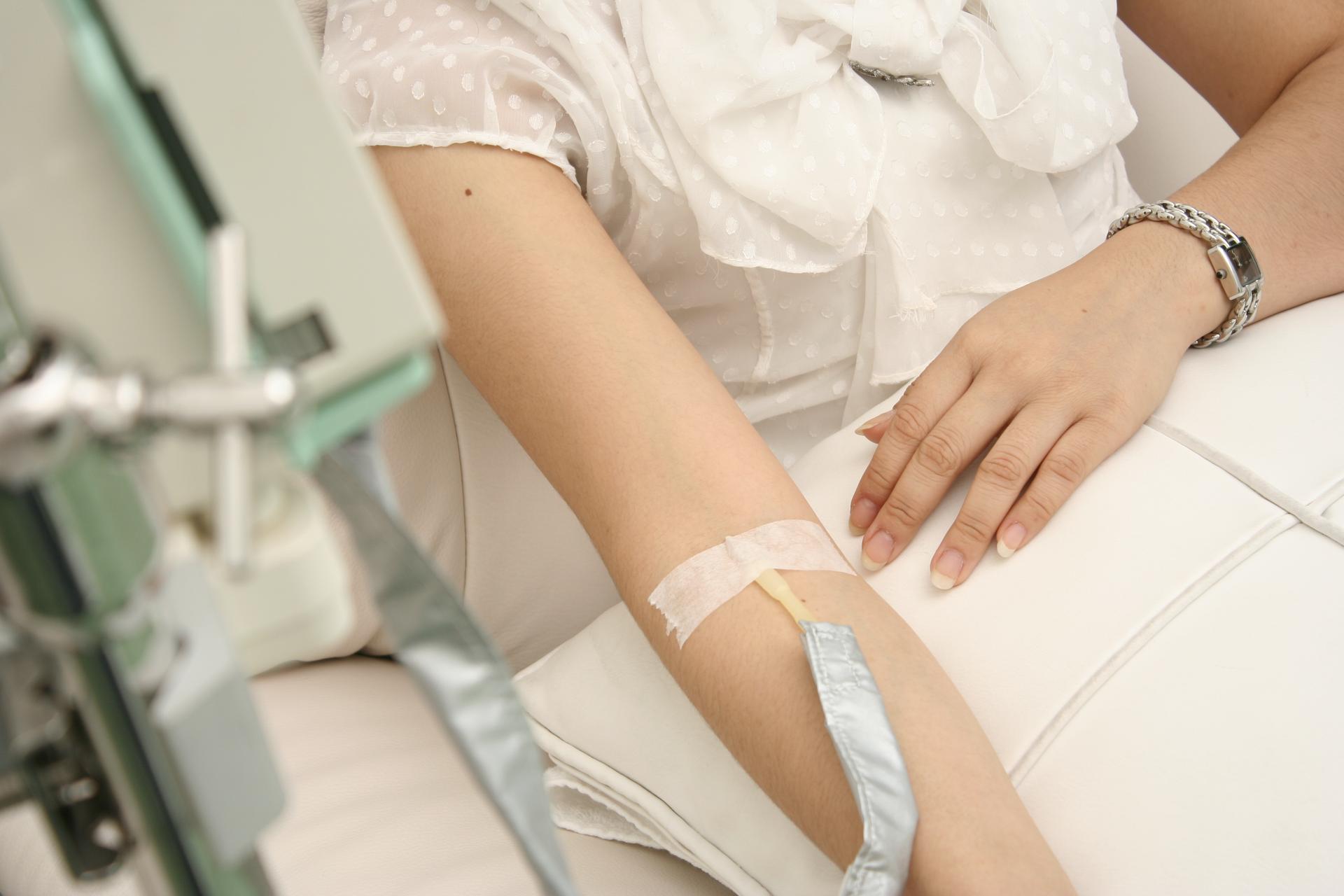Mesenchymal stem cells (MSCs) hold great promise for therapeutic application in non-healing ulcers and tissue regeneration because of their multi-lineage differentiation potential. MSCs delivered may migrate to the sites of injury and improve wound healing by stimulating angiogenesis and promoting revascularization. The incidence of type 2 diabetes mellitus (T2DM) is increasing worldwide. It is associated with peripheral neuropathy and peripheral arterial occlusive disease (PAOD), which predispose patients to develop non-healing foot ulcers following minor trauma. A high rate of amputation exists among diabetic patients due to non-healing foot ulcers, which are a significant burden for the society despite new therapeutic protocols developed. In recent years, stem cell transplantation has been considered as a new therapeutic option for diabetic foot ulcers (DFUs). The regeneration potential of MSCs has been demonstrated in the experimental and clinical trials. Here we review the potential efficacy and systematic use of MSCs for the results of non-healing DFUs, current advances, MSC delivery systems, and possible options to enhance the therapeutic potential of stem cell for wound healing.

Understanding Intradermal Skin Testing: How We Pinpoint Your Allergens
Many health concerns begin with questions about allergies, and a clear diagnosis often starts with testing. Symptoms like nasal congestion,

